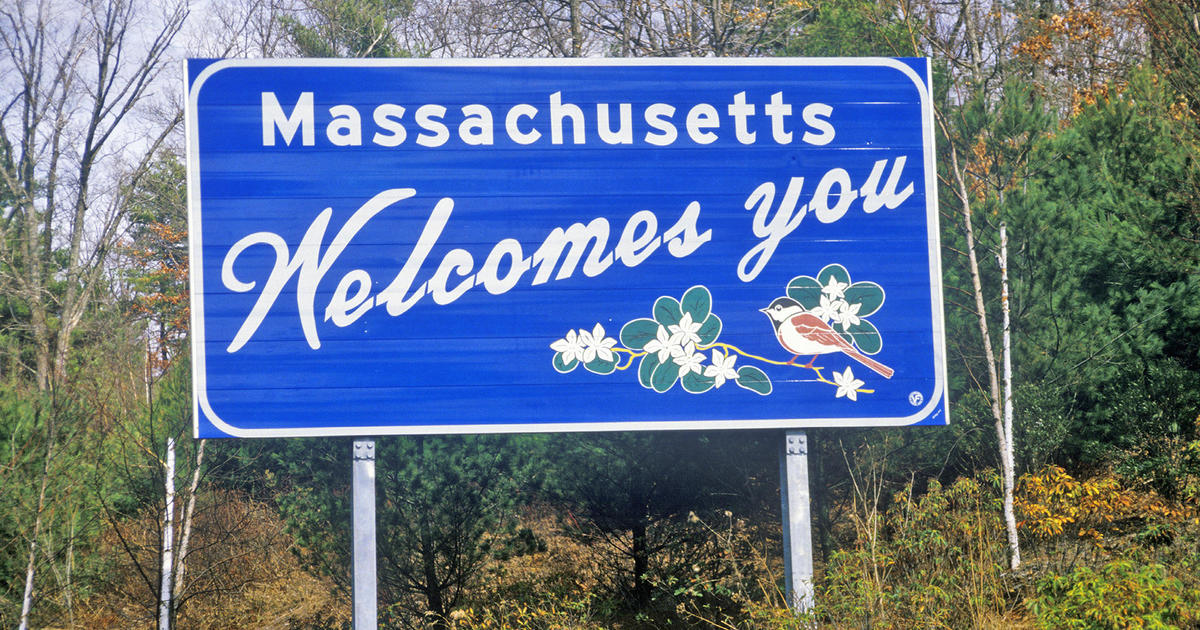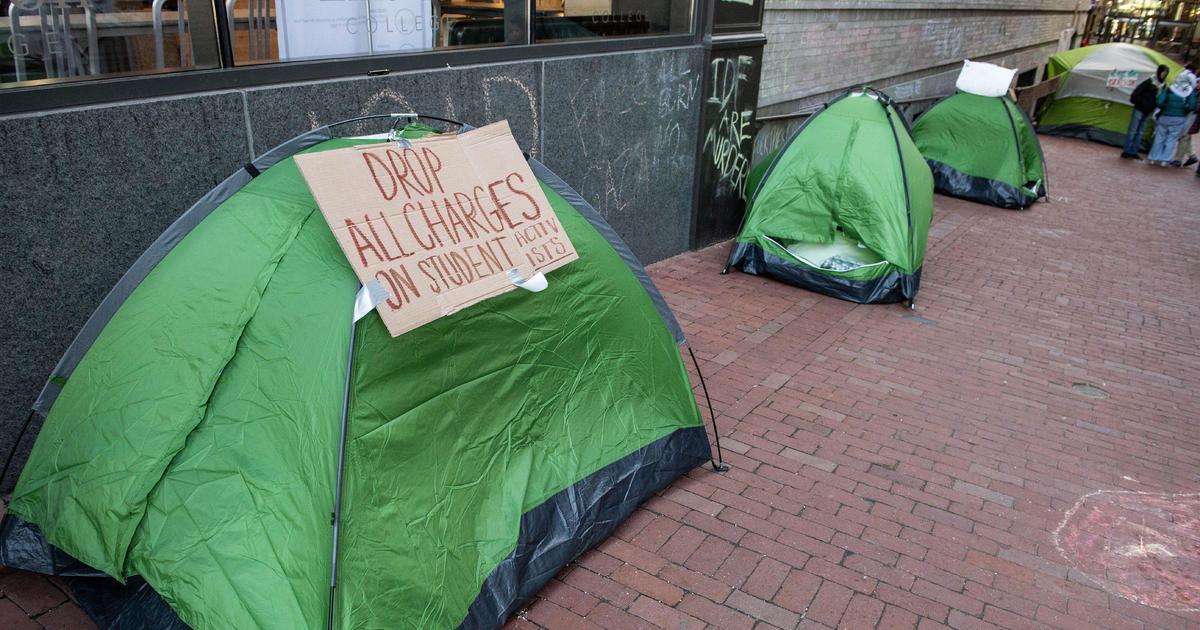Colin Powell's Death Stresses Importance Of Widespread COVID-19 Vaccination, Says Dr. Mallika Marshall
BOSTON (CBS) - Former Secretary of State Colin Powell died Monday at the age of 84 due to complications from COVID-19. His family said he was fully vaccinated.
It is always a shock to hear that someone who was fully vaccinated against COVID-19 has died from the infection but it can happen.
According to the CDC, the risk of dying from coronavirus is 11 times higher if you're unvaccinated than if you're vaccinated, but fully vaccinated people can still die from the disease. It is rare, but it can still happen, especially in people over 65 and those with underlying medical conditions that make them susceptible to complications.
It is reported that General Powell suffered from Parkinson's disease, had a history of prostate cancer years ago, and had multiple myeloma, a blood cancer that can put people at an increased risk of infection. We also know that African-Americans are more vulnerable to severe COVID-19, in particular, Black men.
But, General Powell's death does not argue against vaccination. In fact, it stresses the importance of vaccination.
One of the biggest reasons we want to get as many people vaccinated in the population as possible, old and young, big and small, is to protect vulnerable people, who even with the help of vaccinations and boosters, may not have immune systems strong enough to fight off the infection.
So please, anyone out there who is eligible for the vaccine, get it. And don't forget to also get a flu shot. Many of the same people who are at risk from COVID-19 are at risk from the flu as well.
And this sad news about General Powell reminds us to be careful as we make plans together with family and friends this holiday season.
Related: CDC Holiday Recommendations
We all want to see our loved ones over the next few months, but if you know someone who is particularly vulnerable to COVID-19, even if you and they are fully vaccinated, be thoughtful about how you see one another.
If you're sick, stay home.
If you feel well, do a rapid test the day you plan to meet to make sure you're not carrying the virus. Plan an outdoor gathering, or wear masks and socially distance, or have a Zoom call instead. That's not to say families can't get together over the holidays, but take a moment to plan ahead and protect the people who can't protect themselves.
Dr. Mallika is offering her best advice, but as always, consult your personal doctor before making any decisions about your personal health.
If you have a question, email her or message her on Facebook or Twitter.



